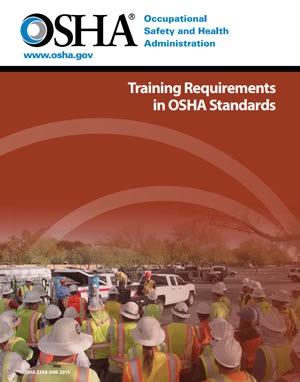
5 Mistakes to Avoid in Workers Compensation Management

Ms. Pomerantz is the CEO of TPG HR Services USA and has over 35 years of Human Resources practices experience. She holds a Master’s in Human Resource Management (MHRM) and is a certified Senior Professional in Human Resources (SPHR) and SHRM Senior Certified Professional (SHRM-SCP). Mary also serves as CEO of Mary Pomerantz Advertising, one of the largest recruitment advertising agencies in the country. Earlier in her career, she was president of the 17th largest staffing firm in the country.
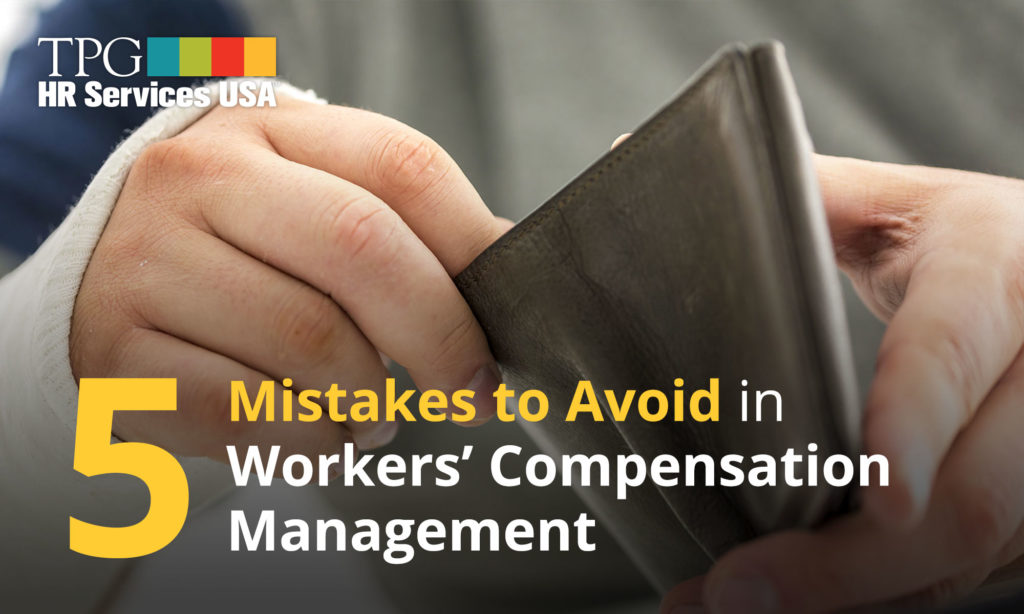
Workers compensation management can be a tricky process for employers and HR professionals to navigate, filled with numerous potential pitfalls and possibilities for costly mistakes. The fact that each state has somewhat different rules and regulations further complicates the process and makes it difficult to offer a step-by-step approach that can be followed in all cases. For small businesses, it can be overwhelming to try and handle everything themselves. While HR Services companies can help every size company, small businesses are the proverbial no-brainer for needing the help of an HR Services company.
However, there are some common mistakes in workers’ compensation management that can be helpful to know and avoid, no matter what state or industry your company operates in or where your employees reside. The following list details the 5 most common workers’ compensation management mistakes and how you and your company can avoid making them and suffering the negative consequences to your bottom line.
#1 Lack of a strong safety program & not enforcing job safety rules
The best way to avoid costly workers compensation claims is to prevent workplace accidents in the first place. This may seem like a simple and obvious statement of fact, but you might be surprised by how many companies either:
- Don’t have a safety program & training in place
- Have inadequate guidelines, procedures & training
- Allow safety enforcement to lapse or loosen over time
Companies without clear safety guidelines in place are simply asking for a dangerous accident to occur in the workplace. Depending on your industry, these guidelines and regulations will differ greatly, but every company needs to draft and communicate a set of workplace safety rules to their employees. For certain industries, this process will also involve comprehensive training in the use of specific equipment or the handling of potentially dangerous materials or situations. This training needs to be conducted and documented thoroughly to ensure employee safety and protect the company from liability down the road should an accident occur.
For many industries refresher courses or sessions on workplace safety may be appropriate on a regular basis to make sure that everyone is following the same safety protocols and procedures. In addition, managers must continually enforce safety rules in a consistent manner to ensure that employees do not “slack off” in following them as they get more comfortable in their positions, a natural human tendency that has to be actively warded against. Designing a strong workplace safety program, regularly and fully training employees about it, and enforcing its rules in the day-to-day work environment are the best ways to avoid costly workers’ compensation claims from ever being filed.
#2 Failure to accurately report, investigate & document injuries
When safety guidelines and practices are not enough to prevent a workplace accident or injury from occurring in the first place, it is critical that these incidents are quickly and accurately reported. Too many employers and employees will ignore “minor” incidents only to have them later snowball into much larger problems. These events need to be reported immediately, documented thoroughly, and investigated properly, starting from the moment they occur. When potential workers compensation claims are not reported in a timely fashion, you can lose valuable time and information as memories of the details get hazy and potentially important evidence is lost.
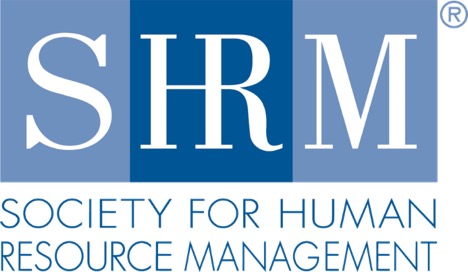
Administering Workers Compensation Claims: Step by Step
- Educate the Team
- Report Incidents to Appropriate Parties
- Complete Injury/Illness Reports
- File Injury/Illness Reports
- Stay in Contact with the Worker’s Compensation Carrier
- Stay in Contact with the Employee
- Establish a Timeline for Return to Work
- Return the Employee to Work
- Continue Leave or Terminate When an Employee Is Unable to Return to Work
The injured worker’s immediate supervisor is often the first critical factor in this process. An employee’s immediate supervisor has the most detailed knowledge of the job, the employee, and the work environment, their participation in the early stages is a key component in ensuring that the process goes smoothly. As such, it is essential that supervisors have adequate training in the steps to take in the immediate aftermath of a workplace accident or injury. In addition, supervisors are perhaps the most important employees to have “on board” with creating an environment in which workplace accidents are seen as something to report and not examples of failure to be swept under the rug.
Supervisors, particularly at the level just above the non-supervisory employee, help to establish the workplace culture and expectations “on the ground” surrounding these incidents, and it is absolutely necessary to have them properly trained in how to report, document, and begin the investigation into them by taking statements or pictures, preserving evidence and securing the accident scene. Failure to do so almost ensures that you will end up with a workplace culture that works at cross-purposes to your company’s need to collect accurate and timely information as part of your workers compensation management strategy.
#3 Alienating or disconnecting from the employee involved
When “checking all the boxes” of handling a workers’ compensation claim, companies sometimes forget about the actual person involved. Keeping in touch with injured workers, updating them on the progress of their claim, and reassuring them of their value to the organization helps employees feel like they remain connected to the business and that it cares about their personal well-being. If employees are left in the dark, it is human nature for them to start thinking the worst, planting the seeds of an adversarial relationship between both parties.
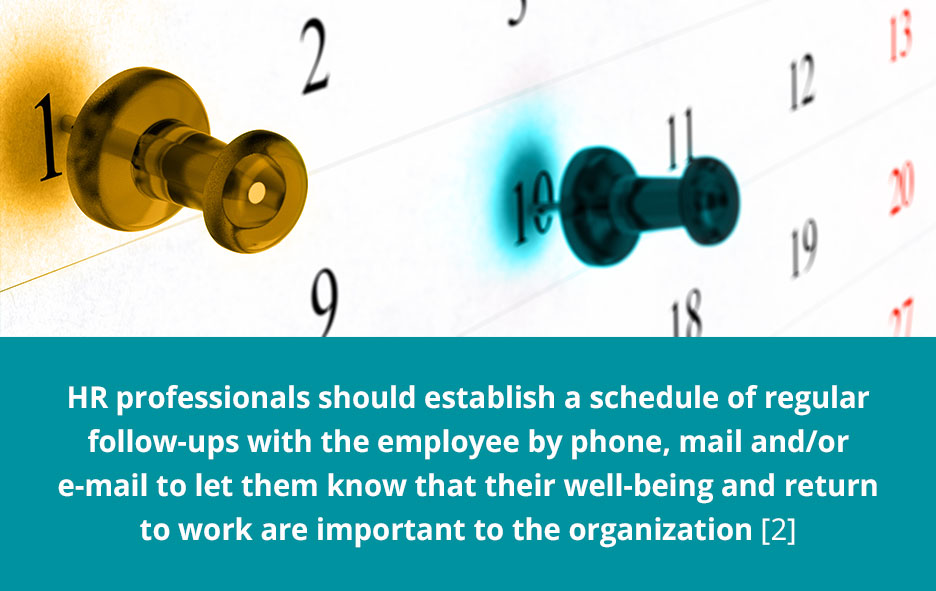
If an employee involved in a workplace accident feels disconnected or alienated from your company, this makes it much more likely that they will hire an attorney and begin to work outside the established workers’ compensation management framework to pursue relief. Regular communication and reassurance can prevent this downward spiral from ever beginning and save your organization from protracted and costly legal battles. It is much simpler to keep employees “in the loop” and demonstrate continued concern for their personal well-being and appreciation of their value to your business.
#4 Ignoring the potential for fraud & abuse
The total amount of fraudulent workers compensation claims is up for debate among many professionals in the field. According to the National Insurance Crime Bureau, up to 25% of workers’ compensation claims have some element of fraud. Other institutions place the number much lower. However, whatever the actual figures are, the potential for fraud and abuse continues to be an issue that faces any HR professional involved in workers’ compensation management. And, ignoring this potential can have devastating consequences on your company’s bottom line.
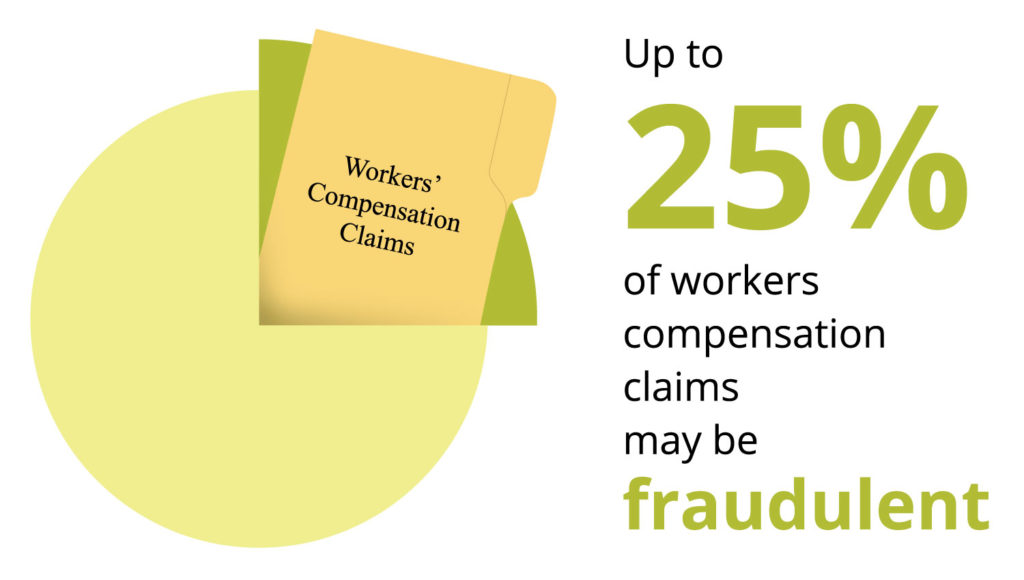
While the detection and identification of fraudulent workers compensation claims is important on a case-by-case basis to make sure your company is not paying out on false claims, it also has a number of important ripple effects throughout your organization. Organizations that consistently investigate claims and identify fraudulent ones end up having much lower rates of claims being filed in the first place over time. Likewise, companies that ignore the possibility of fraud become targets for future fraudulent claims as “the word gets out” that they are “easy marks” for this sort of scam. In addition, frequent settling of fraudulent claims can have a negative impact on the morale of the rest of the workforce as they see their hard work and honesty being devalued by the financial rewards reaped by their malingering colleagues.
#5 Lack of a return to work program
By not having a plan to return employees to work as soon as possible after a workplace injury, even if that means modifying their duties or responsibilities to accommodate their injury, companies leave themselves open to larger compensation claims and higher workers compensation premiums over the long term. These higher premiums can serve as a long-term drain on profitability, particularly for businesses that operate on small profit margins. In addition, they actually penalize growth as each new employee costs the employer more in total labor costs once workers compensation premiums are factored into the equation. By bringing employees back to work sooner, even in a diminished role, the company also gets a productivity benefit from the worker’s effort and skills.
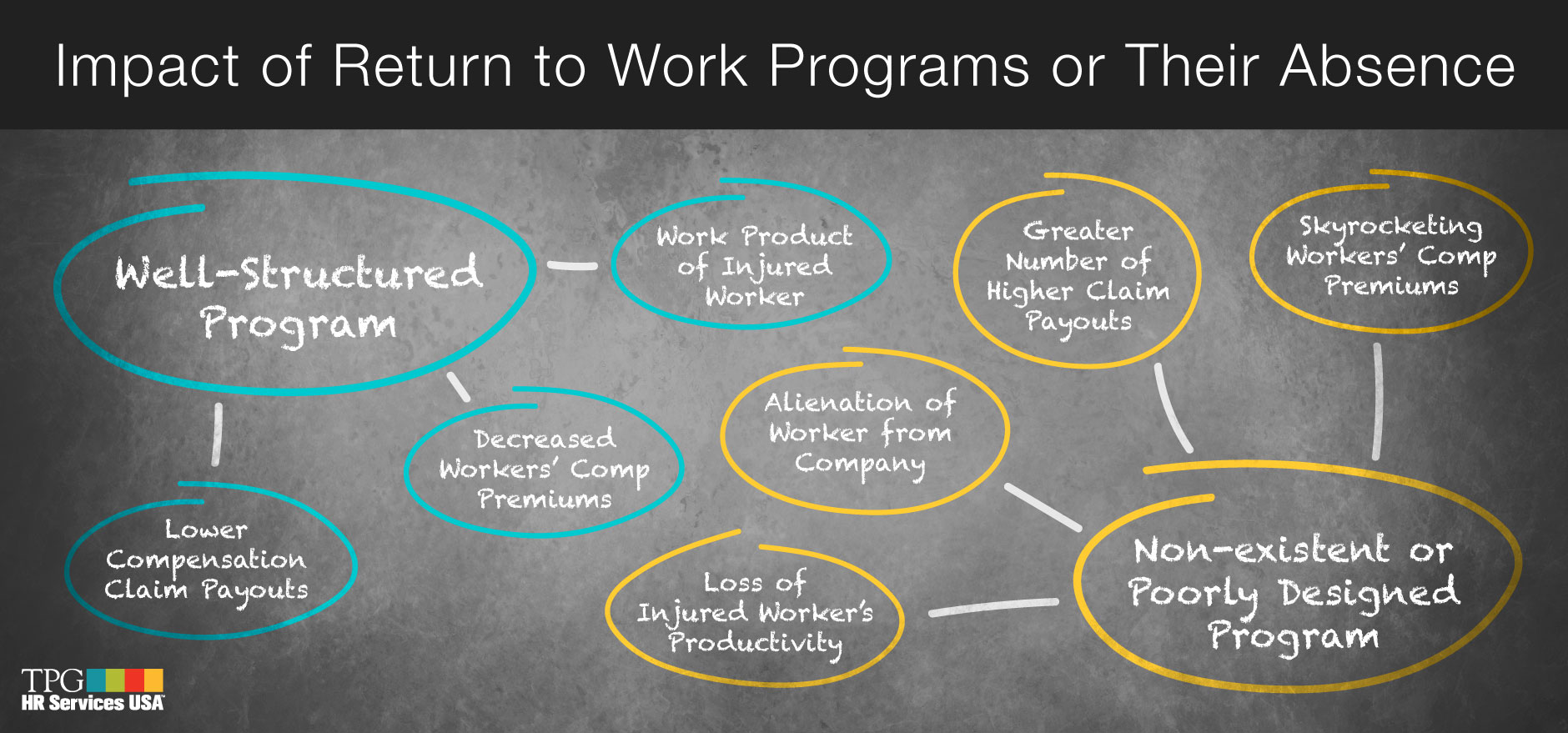
The lack of a structured return to work program also can serve to make the employee feel less valued by the organization, potentially increasing their feelings of alienation or resentment. This dynamic can serve to fuel the fires of our #3 mistake: “Alienating or disconnecting from the employee involved.” The interconnection of these two mistakes serves to illustrate a larger point as well: every mistake made in the process of workers compensation management can amplify the effects of other mistakes, resulting in a downward spiral that exposes your company to:
- Excessive workers’ compensation claims filed against you
- Higher insurance claims against your company
- Increased workers’ compensation premiums for all employees
- Decreased morale and productivity among your workforce
Avoid costly workers compensation mistakes with help from TPG HR Services USA
Let’s face it; workers compensation management can be a complex process, filled with many potential pitfalls for those who oversee it. That’s why partnering with a team of HR experts at TPG HR Services can be so helpful to businesses in any field. Our HR professionals can help you navigate the difficult terrain of workers’ compensation so that you can focus on the aspects of your business that fuel your success and profitability. Don’t make the error of trying to “go it alone” when it comes to workers compensation management; we’re here to help you get it right.
Call us today at 732-917-6000 to avoid making mistakes in workers compensation management that could cost you dearly.

